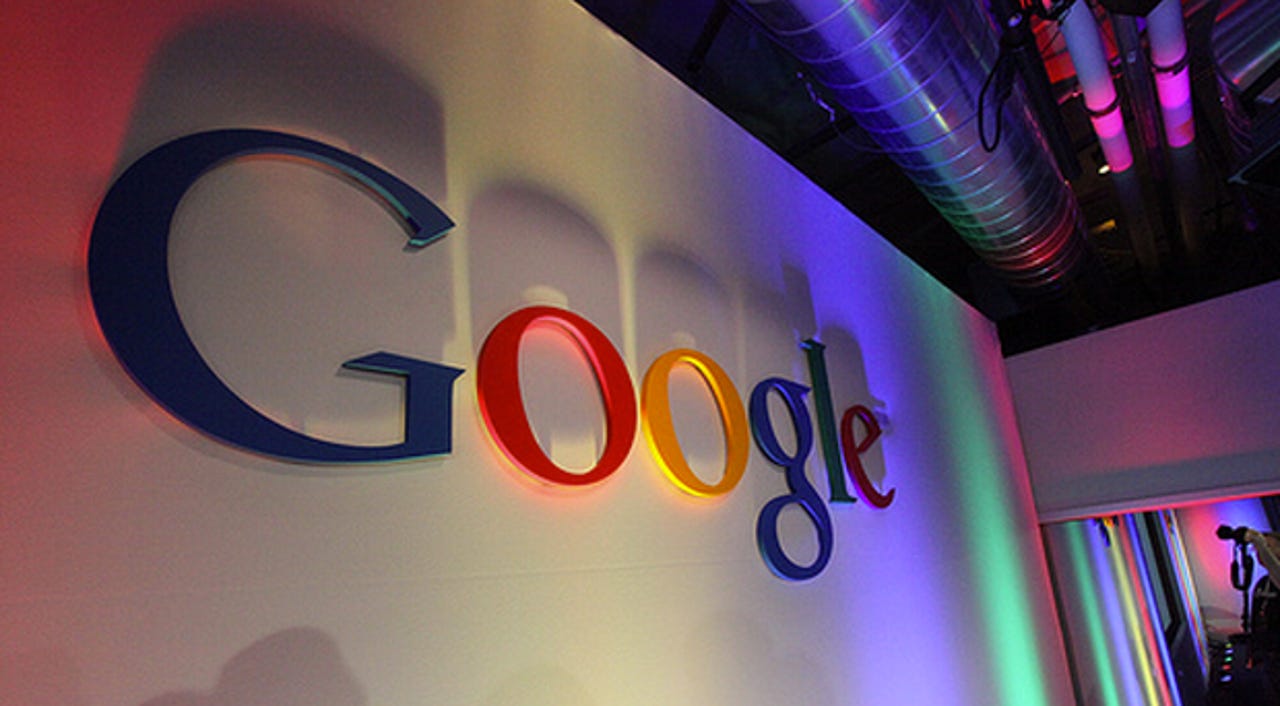Google paid £12M in tax to British coffers in 2012, despite £3B UK revenue


Google's U.K. arm has come under fire after admitting in accounts that the tech giant paid £11.2m ($18.1m) in corporation tax in to the U.K. government, while the country accounted for approximately £3.02 billion ($4.9bn) in revenue in 2012.
Google's U.K. operation reported pre-tax profits of £36.8m in 2012 on turnover of £506m ($821m) — which mainly comprises of a service fee paid by the firm's Irish affiliate, alongside a research and development fee of £109m ($177m) from the United States. These figures overturn financial loss of £24.1 million ($39.1m) on sales of £395 million ($641m) in 2011, according to filings at Companies House, the U.K.'s business registrar.
The accounts also revealed that Google's tax charge is accompanied by an additional £24m provision for taxes based on shares awarded to staff from 2005 to 2011 — which is no longer tax-deductible for a U.K. company.
As reported by The Financial Times, the search engine giant's relatively small tax footprint has increased from £7.3m ($11.9m) in 2011.
As the U.K. is officially a marketing operation, apparently supporting its Irish base, as long as the sales are conducted through Ireland — rather than through U.K.-based staff — the firm pays the Irish tax rate. Google says it follows all tax rules in every country where it operates, and little tax is paid in Britain because profit is not generated by employees in the country.
Google Ireland is the subsidiary that appears on most invoices destined for non-U.S. clients. Almost all of the profit earned from these sales is then sent to an affiliate — Dublin-registered Google Ireland Holdings — in Bermuda, in the form of license fees. This an example of a "Double Irish" structure that uses legal loopholes to lower tax payments due to differences between the U.S., U.K. and Irish tax systems.
The Irish operation reported €15.5 billion ($20.1bn) in revenue last year, and "administrative expenses" — including Bermuda royalties — accounted for a charge of almost €11 billion ($15bn).
However, following an investigation, Reuters claimed that U.K. staff were responsible for sales, rather than Irish counterparts. As a result, the news agency said that the tech giant's total U.K. sales accounted for over £3.5 billion ($5.6bn) in 2012, and Google was then required to explain itself to British government officials.
Speaking to The Telegraph, MP Steve Barclay said:
"The key issue is to accurately establish whether the legal structure put in place by Google to minimise its tax affairs accurately reflect the reality on the ground."
In the last year, Google has been called twice to stand before MPs and explain its staff roster and subsequent taxation practices. In one such meeting, MP Margaret Hodge, chair of the public accounts committee, told Google's northern Europe boss Matt Brittin that Google's behaviour on tax was "devious, calculated and unethical."
The MP added: "You are a company that says you 'do no evil.' And I think that you do do evil."
Google is one of many household names that have faced scrutiny over their tax practices. Starbucks and Amazon have also come under fire, put under intense scrutiny from the U.K. Parliament's Public Accounts Committee for using tax avoidance schemes (which are legal, unlike than tax evasion) to pay very little tax.
In a statement, a Google spokesman said:
"Like most mulitnationals we pay the bulk of our £1.2 billion corporate tax bill where our business originated, in our case the U.S. That's a rate of more than 19 percent, roughly what a U.K.-based company would pay."
Google claims that it has created over 2,000 jobs in the U.K., has invested over £300 million ($486m) this year in property, and its tax practices are completely legal — while others argue that the minimum required by international law should be changed to create a fairer and more balanced taxation system.